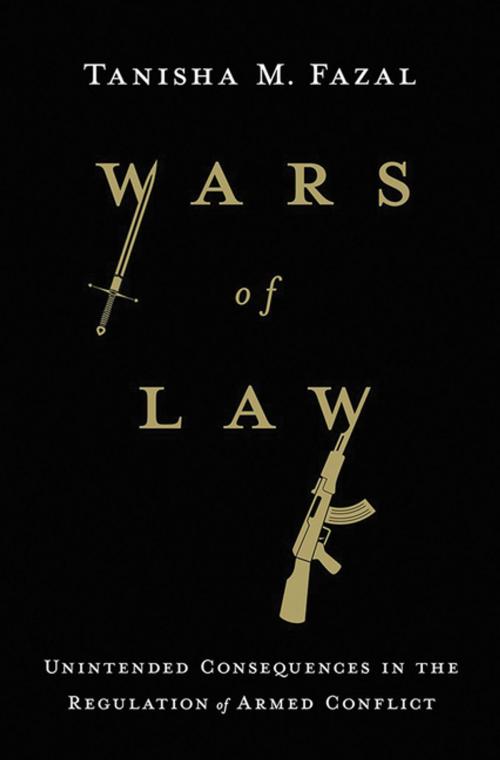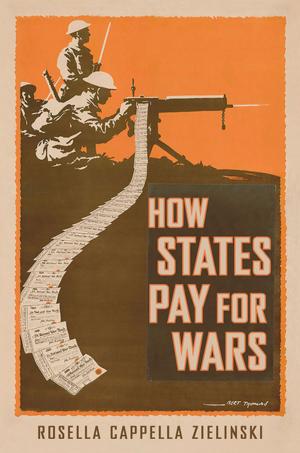Wars of Law
Unintended Consequences in the Regulation of Armed Conflict
Nonfiction, Reference & Language, Law, International, Social & Cultural Studies, Political Science, International Security| Author: | Tanisha M. Fazal | ISBN: | 9781501719806 |
| Publisher: | Cornell University Press | Publication: | May 15, 2018 |
| Imprint: | Cornell University Press | Language: | English |
| Author: | Tanisha M. Fazal |
| ISBN: | 9781501719806 |
| Publisher: | Cornell University Press |
| Publication: | May 15, 2018 |
| Imprint: | Cornell University Press |
| Language: | English |
In Wars of Law, Tanisha M. Fazal assesses the unintended consequences of the proliferation of the laws of war for the commencement, conduct, and conclusion of wars over the course of the past one hundred fifty years.
After a brief history of the codification of international humanitarian law (IHL), Fazal outlines three main arguments: early laws of war favored belligerents but more recent additions have constrained them; this shift may be attributable to a growing divide between lawmakers and those who must comply with IHL; and lawmakers have been consistently inattentive to how rebel groups might receive these laws.
By using the laws of war strategically, Fazal suggests, belligerents in both interstate and civil wars relate those laws to their big-picture goals. In Wars of Law, we learn that, as codified IHL proliferates and changes in character—with an ever-greater focus on protected persons—states fighting interstate wars become increasingly reluctant to step over any bright lines that unequivocally oblige them to comply with IHL. On the other hand, Fazal argues, secessionists fighting wars for independence are more likely to engage with the laws of war because they have strong incentives to persuade the international community that, if admitted to the club of states, they will be good and capable members of that club.
Why have states stopped issuing formal declarations of war? Why have states stopped concluding formal peace treaties? Why are civil wars especially likely to end in peace treaties today? Addressing such basic questions about international conflict, Fazal provides a lively and intriguing account of the implications of the laws of war.
In Wars of Law, Tanisha M. Fazal assesses the unintended consequences of the proliferation of the laws of war for the commencement, conduct, and conclusion of wars over the course of the past one hundred fifty years.
After a brief history of the codification of international humanitarian law (IHL), Fazal outlines three main arguments: early laws of war favored belligerents but more recent additions have constrained them; this shift may be attributable to a growing divide between lawmakers and those who must comply with IHL; and lawmakers have been consistently inattentive to how rebel groups might receive these laws.
By using the laws of war strategically, Fazal suggests, belligerents in both interstate and civil wars relate those laws to their big-picture goals. In Wars of Law, we learn that, as codified IHL proliferates and changes in character—with an ever-greater focus on protected persons—states fighting interstate wars become increasingly reluctant to step over any bright lines that unequivocally oblige them to comply with IHL. On the other hand, Fazal argues, secessionists fighting wars for independence are more likely to engage with the laws of war because they have strong incentives to persuade the international community that, if admitted to the club of states, they will be good and capable members of that club.
Why have states stopped issuing formal declarations of war? Why have states stopped concluding formal peace treaties? Why are civil wars especially likely to end in peace treaties today? Addressing such basic questions about international conflict, Fazal provides a lively and intriguing account of the implications of the laws of war.















